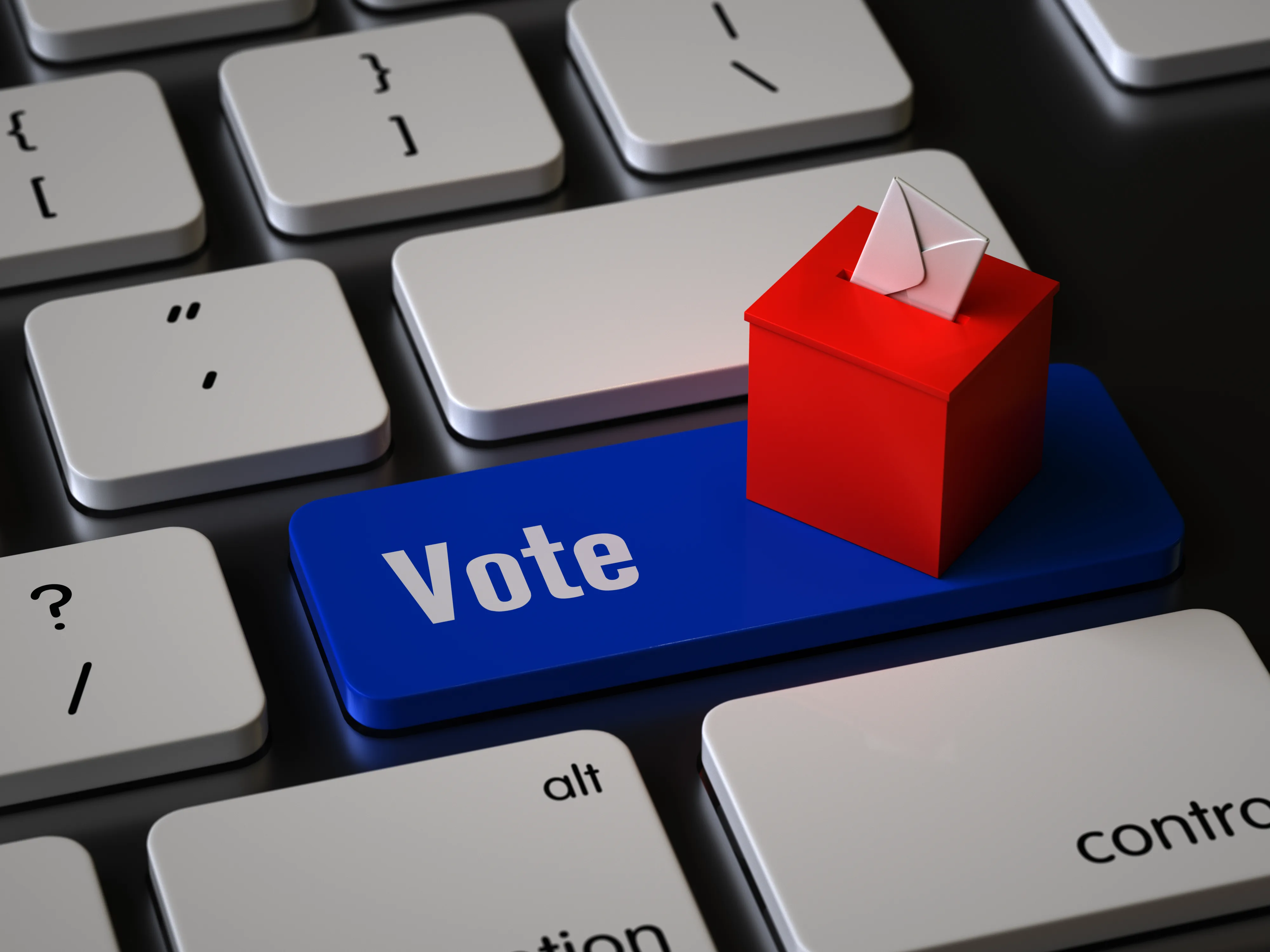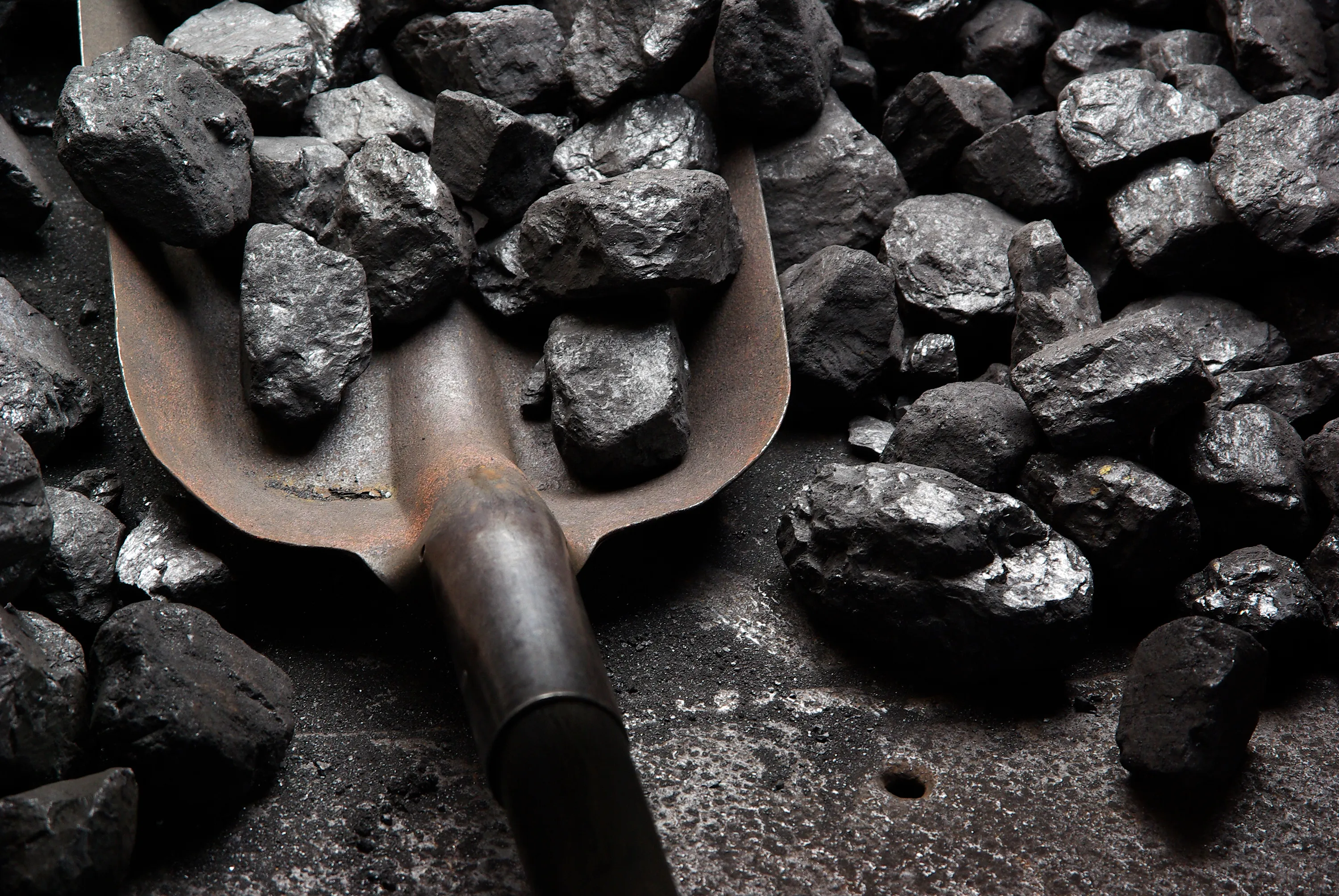
Daily Audio Newscast - October 11, 2024
News from around the nation.
Florida picks up the pieces after Hurricane Milton; Georgia elected officials say Hurricane Helene was a climate change wake-up call; Hosiers are getting better civic education; the Senate could flip to the GOP in November; New Mexico postal vans go electric; and Nebraska voters debate school vouchers.
Transcript
The Public News Service Daily Newscast for October 11th, 2024.
I'm Edwin J. Viera.
More than 3 million Floridians are without power after Hurricane Milton battered the state.
At least 12 people are confirmed dead after Milton flooded coastal communities, created a litany of tornadoes, and literally tore homes apart.
It comes just after Hurricane Helene inflicted similar damage on the state and much of the southeastern U.S.
Damage from Hurricane Helene has caused a nationwide shortage of intravenous fluid.
Flooding in western North Carolina damaged a plant responsible for a sizable amount of these fluids for the nation's medical system.
Hospitals across the country are rationing IV fluids and postponing surgeries.
The U.S. Department of Health and Human Services has approved overseas shipments of IV fluid while they work to secure alternate distribution sites.
Savannah leaders are pointing out the ways that federal dollars are being used to boost the area's resilience against climate change.
Shantia Hudson reports.
Mayor Van Johnson says the storm has been a wake-up call for the urgent need to tackle climate change.
And Savannah's resilience plan is designed to do just that.
In 2020, the city council unanimously adopted a 100 percent Savannah initiative, which for us means transitioning partially to clean energy in the 2030s and totally by 2050.
Mayor Johnson says 75 percent of the city's buildings are at risk of flooding and 26 percent face wildfire threats.
As part of a continuing resurgence in civic-mindedness, the Indiana Citizen, a nonpartisan voter information platform, aims to improve civic engagement in Indiana by helping voters make informed choices.
Joe Ullery has that story.
The publication's virtual ballot provides unbiased, accessible information on candidates and issues.
Publisher Bill Morrow emphasizes the state's need for better civic health.
One of the things that we wanted to address is this chronic civic health crisis that Indiana is mired in.
A whole wide range of metrics, voter registration, turnout, and civic literacy, where voters can go and become informed voters.
Morrow highlights their commitment to younger voters.
The platform has facilitated over 2,400 new voter registrations and now focuses on providing these first-time voters with detailed information.
By inputting their addresses, users can see a personalized ballot featuring profiles of candidates for offices ranging from the presidency to local school boards.
Meanwhile, the latest New York Times-Siena College poll shows a handful of races could make Republicans the Senate majority in the November election.
GOP candidates in Texas, Florida, and Montana are steadily leading over their Democratic challengers.
Independent West Virginia Senator Joe Manchin's retirement reduces Democrats' 51-seat majority, but losing further seats will shift the balance of power in the chamber.
But the race to control the House of Representatives will be close.
While some candidates from both parties have leads over their opponents, other races are tied or flip-flop a point or two between both candidates.
Yet political analysis site FiveThirtyEight shows more Americans want Democrats in control of Congress, a trend that's continued since late July.
This is Public News Service.
Across the Great Lakes region, there's a growing interest among Native American tribes to revive wild rice harvesting, including in Wisconsin.
Closely intertwined with indigenous culture and identity, this important resource was decimated after the arrival of European settlers.
But today, many partners are supporting initiatives to restore wild rice beds.
Joe Gravine leads such efforts for the L'Aquitaine Flambeau Band of Lake Superior Chippewa Indians in northern Wisconsin.
He says as their work began to produce positive results, it was a joy to see excitement among fellow harvesters.
"To see that abundance of rice that hasn't been there for 20 years, that smile on their face, the energy that they give off."
Over the past couple of centuries, activities like indiscriminate logging, dam building and mining played a role in wiping out the presence of wild rice.
Despite the recent revival, new threats like climate change have emerged that could affect the plant's future.
This prompted calls for more research and funding to build on recent success stories.
That was Mike Moen with original reporting from Sputhy Roman for Amonga Bay Solutions Journalism Network collaboration.
Neighborhoods across New Mexico and other states will soon be cleaner and quieter as the U.S.
Postal Service rolls out its new electric mail delivery trucks.
Roz Brown reports.
The USPS received $3 billion in funding from the Inflation Reduction Act to electrify its fleet, the largest in the country.
Kathleen Garcia with the Sierra Club says the next generation delivery vehicles will not only fight climate change, but also reduce noise pollution for the 45 million Americans who live in close proximity to a road or other transport infrastructure.
A lot of these vehicles just go a short distance every single day and then they return back to the hub where they can easily be charged.
And so it just makes a lot of common sense.
Nebraska is one of four states with measures about state funding of private school vouchers on the ballot this year.
Deborah Van Fleet has more on that story.
Referendum 435 asks voters to decide whether to repeal the school voucher program passed on the last day of the 2024 legislative session.
Backers of the law claim vouchers are needed by low-income families who can't otherwise afford to send their children to a private school.
But studies show in a number of states, most who benefit from school vouchers are not from low-income families.
Nebraska State Education Association President Tim Royers says this has been borne out in Iowa.
In Iowa, for example, who just implemented their program last year, the median income for the voucher recipients is roughly $120,000.
Iowa data also show over two-thirds of the students using vouchers had already been attending a private school.
Another of NSCA's objections is that the law doesn't benefit all of Nebraska, since more than half the counties have no private schools.
Critics of the voucher programs say they siphon state funds away from the public school system.
I'm Edwin J. Vieira for Public News Service, member and listener supported.
Find our trust indicators at publicnewsservice.org.
















